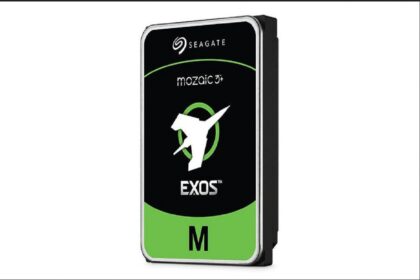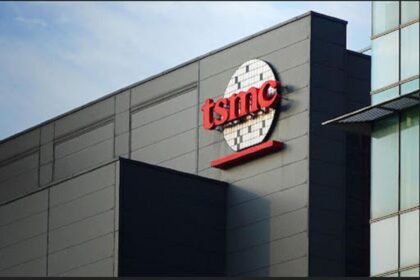US National Security Concerns Lead to New Sanctions
The Biden Administration has placed 16 additional companies on the US Department of Commerce’s Entity List. The sanctions target 14 Chinese companies and two Singaporean organizations, restricting their access to US goods and technology exports without a specific license.
Allegations Against the Sanctioned Companies
In a statement, the Bureau of Industry and Security (BIS) accused the newly listed companies of “acting at the behest of Beijing to further the PRC’s goals of indigenous advanced chip production.” The BIS claims these actions pose a threat to US and allied national security interests.
One notable inclusion is Sophgo, a Chinese company alleged to have ordered chips from TSMC that match the specifications of Huawei’s Ascend 910B processor. Sophgo, founded in 2019 by Micree Zhan, has denied any association with Huawei. Zhan, who is also the co-founder and chair of Bitmain, indirectly owns more than 20% of Sophgo, according to an October 2024 report by The Information.
Sophgo Denies Allegations
Sophgo released a statement following the Department of Commerce’s investigation initiated in October 2024. The company asserted that it has “never been engaged in any direct or indirect business relationship with Huawei.” Huawei, which has been on the Entity List since 2019, remains a focal point of US export control efforts.
Expanded AI Chip Restrictions Add Pressure
This move coincides with outgoing President Biden’s efforts to tighten export restrictions on artificial intelligence (AI) technology. On January 13, the Department of Commerce confirmed the Interim Final Rule on Artificial Intelligence Diffusion. The legislation restricts the export of AI chips and model weights to countries outside the US government’s allies and partners list.
The new rule, which enters a 120-day consultation period, faces criticism from the semiconductor industry. Nvidia described the restrictions as “misguided,” warning they could “derail innovation and economic growth worldwide.” Similarly, John Neuffer, president and CEO of the Semiconductor Industry Association (SIA), called the policy “rushed” and lacking meaningful industry input.
Implications for the Semiconductor Industry
The updated Entity List and AI chip restrictions underscore heightened US efforts to counter perceived technological advancements by adversarial nations. However, industry stakeholders fear these measures may hinder global sales and innovation, placing companies like Nvidia at a disadvantage.
FAQs
What is the Entity List?
The Entity List is maintained by the US Department of Commerce and includes foreign entities subject to specific license requirements for the export, reexport, and transfer of US-origin items.
Why were these companies added to the list?
The companies were accused of supporting China’s indigenous chip production efforts, which the US considers a national security risk.
What restrictions do companies on the Entity List face?
Listed companies are prohibited from accessing US goods and technology exports without obtaining a special license.
What is the AI Diffusion Rule?
The AI Diffusion Rule restricts the export of AI chips and model weights to non-allied countries, aiming to limit the proliferation of advanced AI technologies.
How might these restrictions affect global innovation?
Critics argue the restrictions could reduce global semiconductor sales and hinder technological innovation, impacting both the US and international markets.
By taking a hardline stance on technology exports, the Biden Administration aims to protect US national security. However, the long-term effects of these policies on global technology development remain uncertain.


















